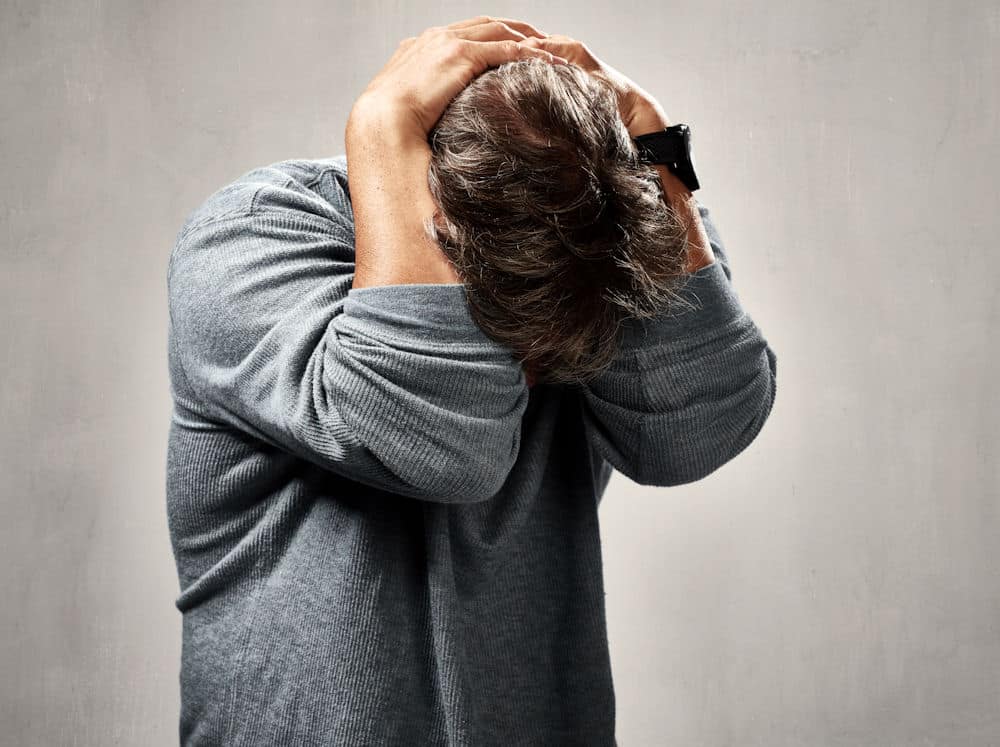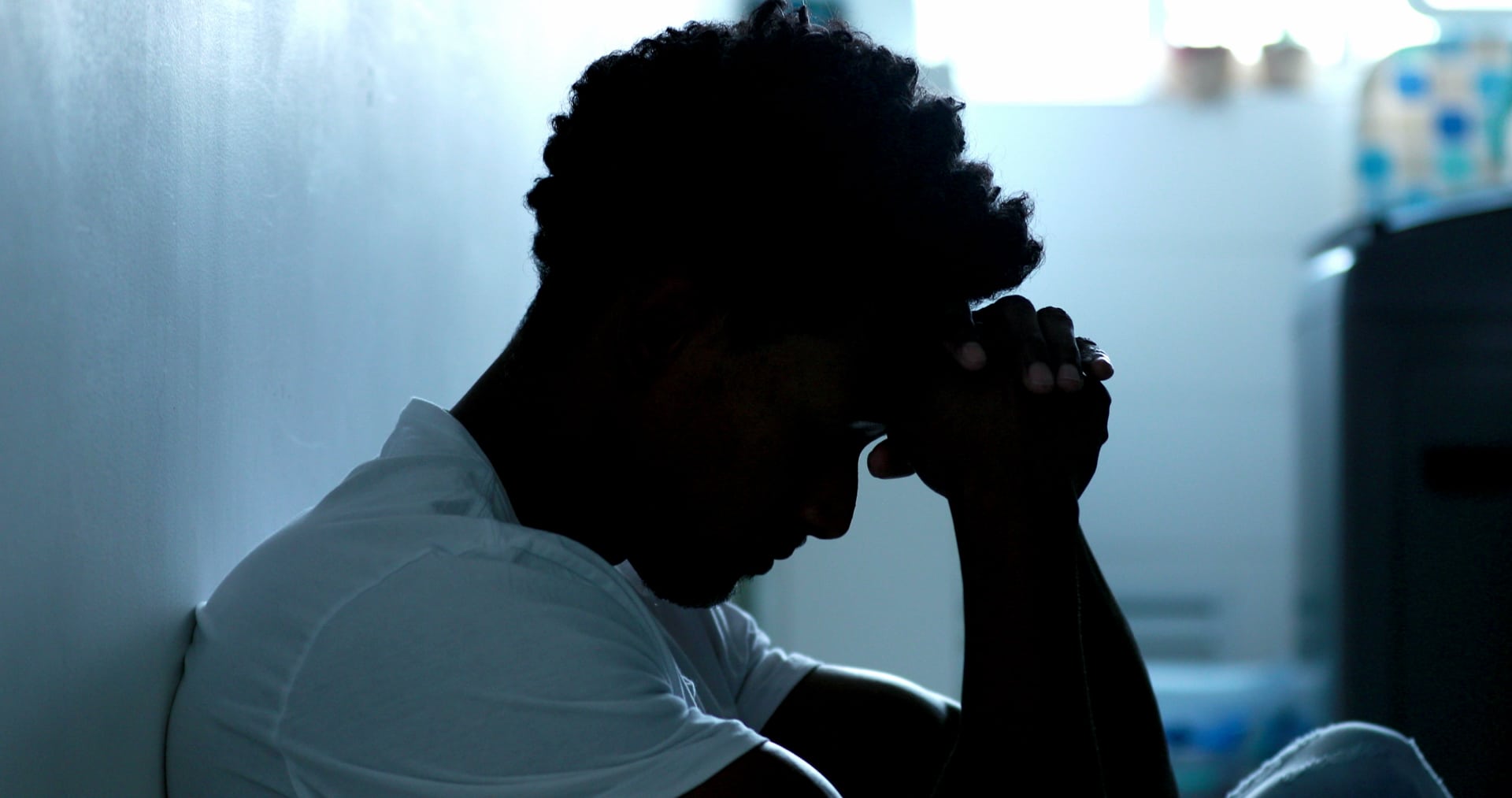Bringing a child into the world is one of life’s most profound transitions. While much of the focus is often placed on the mother’s emotional and physical health, there’s a growing awareness that fathers face real mental health challenges as well.
But can men get postpartum depression, one of the most infamous mental health consequences of pregnancy and childbirth? Yes. In fact, research shows that up to 1 in 10 men experience symptoms of postpartum depression (PPD). This number may be even higher when accounting for cases that go undiagnosed or misdiagnosed.
Just like women, men undergo major shifts in identity, routine, finances, and relationships when a child is born. All of these can become overwhelming, especially in the absence of proper support or understanding.
What is Postpartum Depression?
Postpartum depression is a form of clinical depression that occurs after the birth of a child. While it’s most commonly associated with mothers, this condition can affect fathers and non-birthing partners as well. It’s classified as a major depressive disorder (MDD) with perinatal onset, and symptoms can interfere with a parent’s ability to bond with the baby, support their partner, and function in daily life.
For men, postpartum depression often goes unrecognized or unspoken. Cultural norms about masculinity may discourage them from expressing vulnerability, while healthcare systems traditionally center maternal mental health. This combination of internal and external pressures can leave new fathers feeling isolated, ashamed, or unsure of where to turn.
Common signs of postpartum depression in men may include:
- Persistent sadness, irritability, or anger
- Increased substance use
- Withdrawal from family or friends
- Trouble bonding with the baby
- Fatigue or changes in sleep
- Feelings of hopelessness or inadequacy
- Trouble concentrating or making decisions
- Physical symptoms like headaches or stomach problems
These symptoms often begin within the first few months after birth, but can appear anytime within the first year. Without proper intervention, male postpartum depression can negatively affect relationships, work performance, and the long-term emotional well-being of both father and child.

Why Can Men Get Postpartum Depression?
There’s a misconception that postpartum depression is tied only to physical childbirth. In truth, the psychological, emotional, and hormonal changes that accompany becoming a parent can be equally intense for men.
Here are key risk factors that make men more vulnerable to postpartum depression:
One of the strongest predictors of paternal postpartum depression is maternal depression. Studies show that when a mother is struggling with PPD, the father’s risk of developing it increases by over 50%. Parenting is a team effort, and the emotional weight often shifts to the other partner when one is overwhelmed.
Men with a history of depression, anxiety disorders, or other mood disorders are at significantly greater risk of experiencing postpartum depression. Major life transitions (like becoming a parent) can trigger latent mental health challenges or intensify existing ones.
Although less publicized, hormonal changes also occur in men after their child is born. Testosterone levels may decrease, while prolactin and cortisol levels rise. These changes are commonly thought to help men become more nurturing. However, they can also contribute to emotional instability and increased susceptibility to depression.
Welcoming a baby often means added financial responsibility. Many fathers feel immense pressure to provide for their family. If they’re already facing job stress or unemployment, these burdens can feel overwhelming. Feeling like a “failure” in their provider role can deepen depressive symptoms.
Few things impact mood and mental health as profoundly as poor sleep. New fathers often experience fragmented or inadequate sleep due to nighttime feedings, household responsibilities, or worry about their partner and child. Chronic exhaustion weakens emotional resilience and can lead to increased irritability, poor concentration, and depression.
There’s often an unspoken expectation that men should be strong, stoic, and emotionally unshakeable. This “tough it out” mentality can prevent men from acknowledging their mental health struggles, especially if they believe that asking for help is a sign of weakness. These outdated societal norms continue to contribute to underdiagnosis and undertreatment of PPD in men.
Many new dads enter fatherhood without a blueprint. If they lack a present father figure growing up, or if they struggle with feelings of inadequacy, they may experience intense anxiety about how to parent well. Thoughts like “What if I screw this up?” or “I don’t even know how to hold a baby” can create a running narrative of self-doubt.
This emotional spiral, if left unspoken, can lead to avoidance behaviors – distancing themselves from their partner, avoiding caregiving duties, or burying their feelings in work, drinking alcohol, or other distractions. While many women receive prenatal and postnatal care from OB-GYNs, doulas, and therapists, men often have no built-in support structure. This lack of guidance leaves many floundering in silence.
How to Cope if You Have Postpartum Depression
Postpartum depression is treatable. Whether you’re a father experiencing these symptoms or someone who loves a new dad, there are several important steps that can support recovery and healing.
Reaching out for help is an act of courage, not weakness. Talk to your partner, a trusted friend, or a mental health professional. The simple act of voicing what you’re going through can lessen the burden and open doors to real solutions.
Cognitive-behavioral therapy (CBT) and other evidence-based approaches can help men:
- Identify unhelpful thought patterns
- Process identity shifts
- Navigate relationship changes
- Build emotional regulation skills
Therapy also provides a safe space for men to process fears and frustrations that they might not feel comfortable sharing elsewhere.
Sleep disruption is unavoidable in early parenthood, but it can be managed. Try alternating nighttime duties with your partner, creating a calming pre-bed routine, or catching naps when the baby is sleeping. Prioritizing sleep is crucial for restoring and maintaining emotional balance.
Avoidance may feel easier in the short term. But becoming more involved with childcare can boost both confidence and bonding. Learn how to swaddle, feed, soothe, and play with your baby. The more familiar and capable you feel, the more secure and connected you’ll become. Taking parenting classes or reading books designed for dads can also be empowering. Don’t underestimate the ability of hands-on experience and education to calm your anxiety.
Many communities offer dad-specific support groups where men can connect with others going through similar experiences. These groups normalize the struggles of fatherhood and create a non-judgmental space to open up and exchange ideas. Virtual options are also available, which can be especially helpful for those with newborn babies.
Postpartum Depression Affects the Whole Family
When one parent is struggling, it ripples across the entire household. Postpartum depression in men can lead to:
- Increased conflict or disconnection in the relationship
- Lower engagement and bonding with the infant
- Emotional withdrawal that impacts the child’s development
- Heightened stress for the partner, who may also be struggling

Conversely, healing from postpartum depression doesn’t just benefit the father. It can strengthen the family unit, improve co-parenting, and create a more emotionally safe environment for the child to grow.
Early intervention is key for healing from PPD. The sooner you recognize the signs and take action, the better the outcome for everyone.
Get Help for Depression at Eagle Creek Ranch Recovery
At Eagle Creek Ranch Recovery, we understand that mental health challenges don’t discriminate by gender or situation. Our Idaho-based men’s mental health and addiction treatment center offers holistic support for those navigating life transitions, depression, anxiety, and substance use.
Whether you’re a new father overwhelmed by parenthood or you’re carrying years of unaddressed trauma into this next chapter of life, you are not alone and you don’t have to carry this weight in silence. We’ll help you rediscover your strength and reconnect with your loved ones, especially the little ones who depend on you.
Contact Eagle Creek Ranch Recovery today to learn how we can support you or a loved one through postpartum depression or other emotional struggles.

Clinical Director
Kendall Maloof is the clinical director at Eagle Creek Ranch Recovery. She is a licensed marriage and family therapist and has held multiple leadership roles before settling here at Eagle Creek Ranch Recovery. Kendall received her master’s degree in marriage and family therapy from the Chicago School of Professional Psychology in 2016. Her career in mental and behavioral health began in 2014 when she took up internships in both the nonprofit and for profit sectors. She interned at multiple reputable companies, such as The Living Success Center and 449 Recovery in California.
In 2019, Kendall became the clinical director of Sunsets Recovery for Woman, a dual diagnosis program in southern California. Kendall is a natural leader. She has an incredible ability to problem solve and stay calm in any situation. Kendall never fails to show up when she is needed, and her calm demeanor makes her team and clients feel at ease. Eagle Creek Ranch Recovery is proud to have Kendall as our clinical director.



